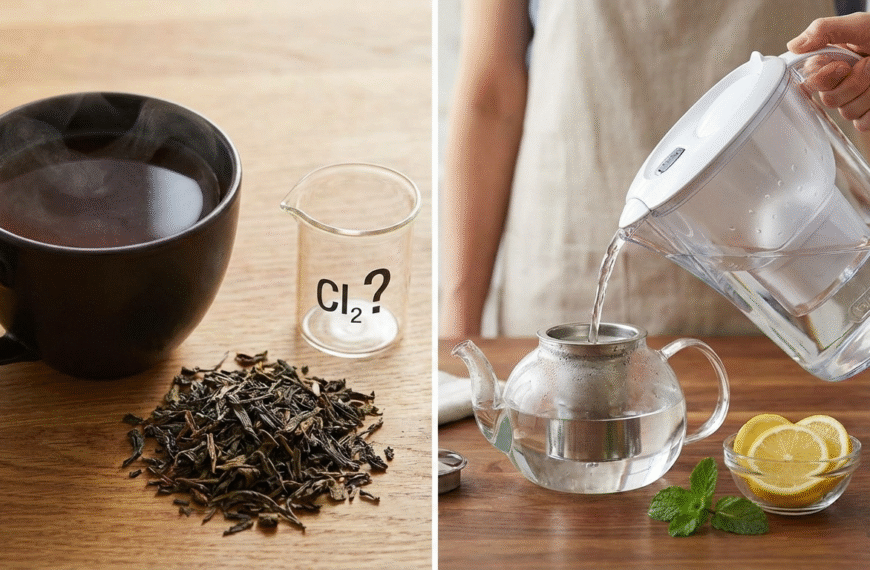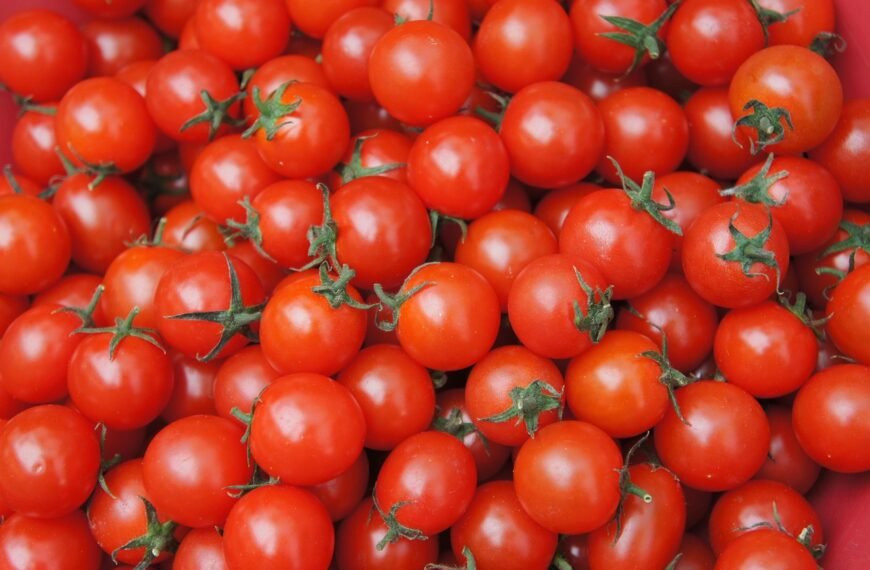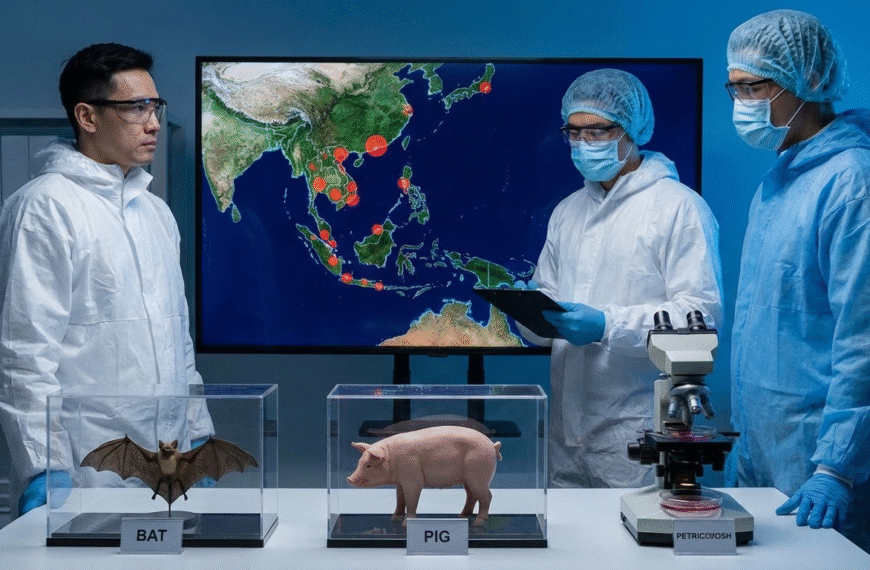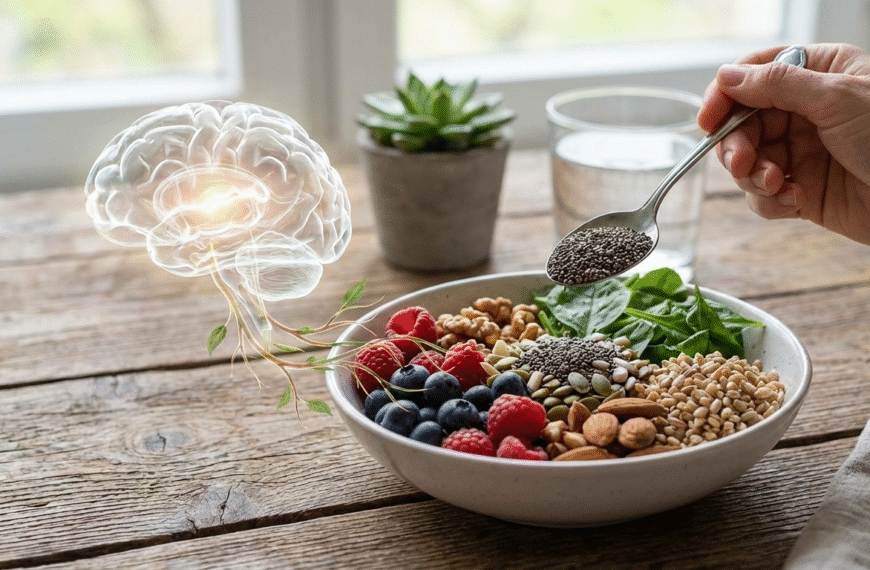A few months ago, I moved into a new apartment in Berlin. I noticed stubborn limescale in the toilet that wouldn’t go away no matter what cleaning product I used. Out of frustration, I looked online and came across a tip recommending vinegar. I found a bottle of concentrated vinegar, poured two tablespoons into the toilet, and after 30 minutes, the limescale came off with barely any effort.
Since then, I’ve been using vinegar all around my home. It cleaned my kitchen sink better than my usual cleaner, especially the faucet where sprays usually drip off. I soaked a paper towel in vinegar, wrapped it around the tap, and it came out shiny. I even used vinegar in my glass kettle – just two tablespoons, boiled – and all the limescale cracked off with a satisfying fizz.
This led me to wonder: is vinegar actually better for cleaning, health, and the planet?
After speaking to a few experts, I found that vinegar works best as a descaler. Limescale and rust dissolve more easily in acidic liquids like vinegar. One chemical engineer said he even uses it on mirrors for the same reason. Another expert mentioned lemon juice works similarly and smells better, but vinegar still does a great job.
Vinegar isn’t ideal for every job. For example, soap is more effective for oily dishes, and baking soda works better on greasy stains. And although many people mix vinegar and baking soda together, this combo is actually ineffective because they cancel each other out chemically. You can use both – just not at the same time.
Many blogs say vinegar kills germs, but the reality is more complex. It can kill some bacteria and fungi, but only in higher concentrations – at least 5% pure vinegar or more. Lower amounts, like adding just a splash to a bucket, won’t do much. Even at high levels, vinegar doesn’t kill all germs. Some bacteria and viruses are resistant, and soap or disinfectants are usually better for full sanitation.
There’s also the issue of safety. Vinegar can irritate your skin, and if it gets in your eyes, it can be harmful. It can damage natural stone, metals like copper and brass, and even parts inside appliances like dishwashers and washing machines. However, it’s safe for glass, ceramic, and stainless steel.
One concern experts raised is that homemade cleaners, like vinegar mixes, don’t come with clear instructions or safety warnings. If you know how to use them correctly, they’re safe, but misleading advice online can be risky.
I also looked into how vinegar compares to regular cleaners for health and indoor air. Many traditional and even “green” cleaners release tiny airborne chemicals called VOCs, which can affect your lungs and heart. Some “natural” cleaners actually released more VOCs than regular ones. But vinegar, being mostly water and acetic acid, isn’t chemically reactive and doesn’t release harmful particles into the air, especially since it’s often used with cloths and not as a spray.
Finally, is vinegar better for the environment? It seems so. Traditional cleaners are made from many synthetic ingredients, some from fossil fuels. Vinegar is made naturally by fermenting alcohol from renewable sources like grapes or grains. It also breaks down quickly in nature, unlike some soap chemicals that linger and harm wildlife.
So, while vinegar may not be the best germ-killer, it’s great for limescale, rust, and certain surfaces. It’s simple, natural, and likely safer for your health and the planet. I’m happy to keep using it and appreciate the small trade-off in smell for a cleaner, greener home.


















